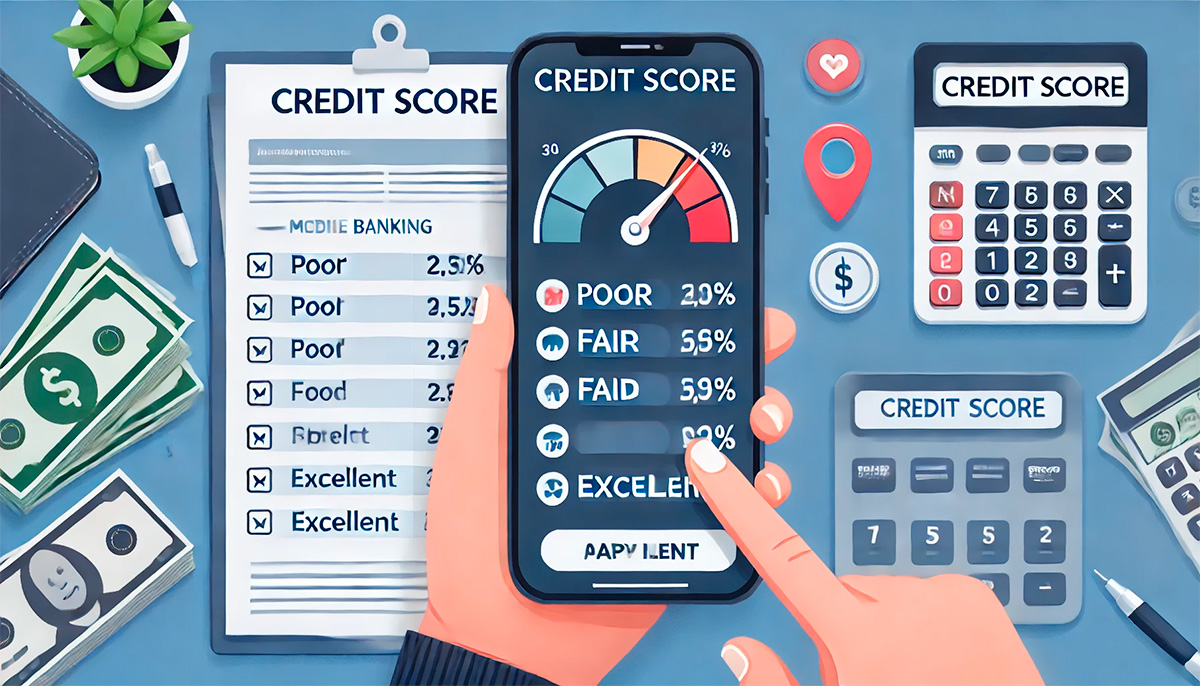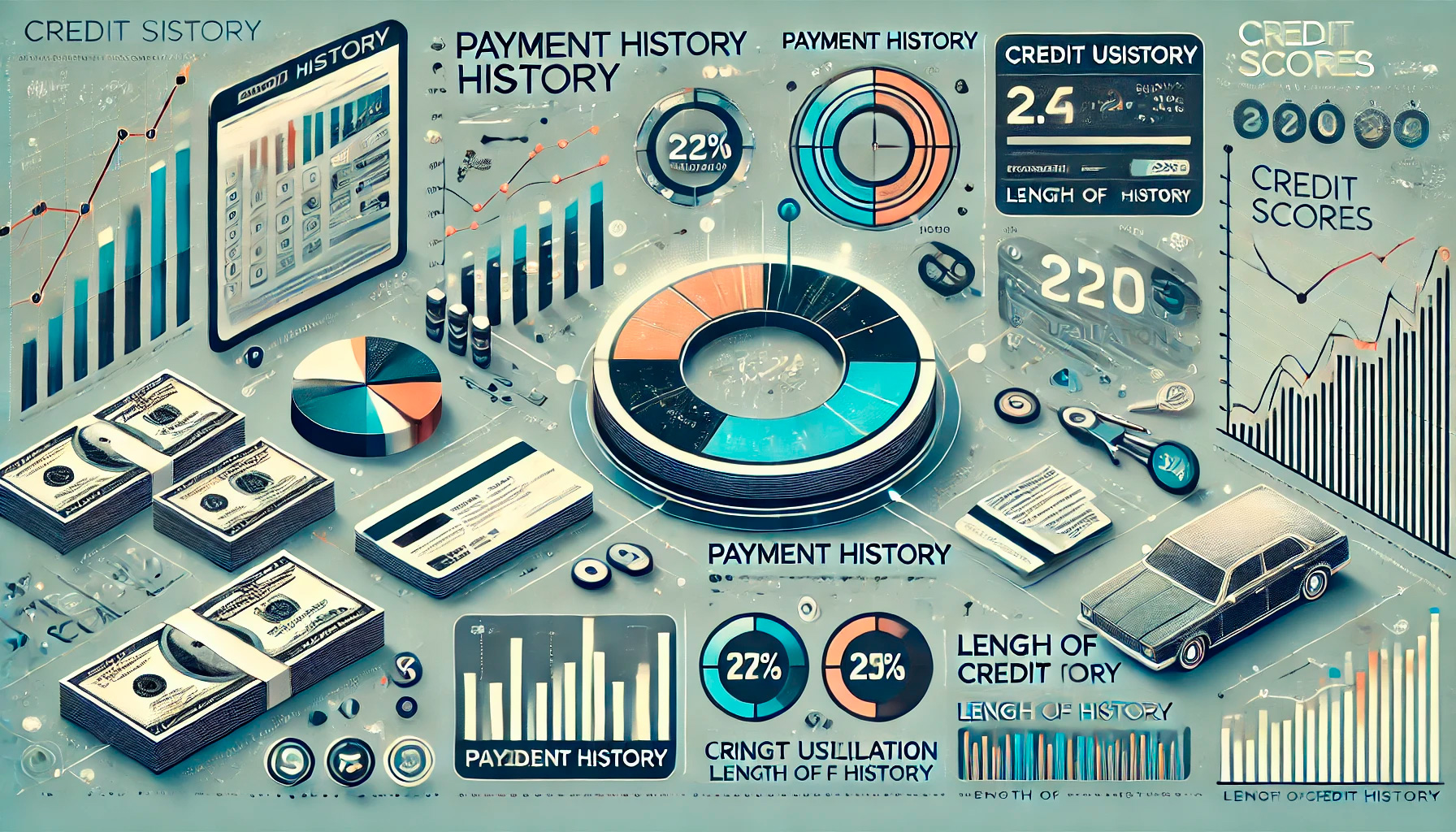In the modern world, where financial independence is often synonymous with personal freedom, understanding the concept of credit history is paramount. Credit history is not just a record of your financial past; it is a narrative that tells lenders how trustworthy you are with money. It is a story written in numbers, dates, and transactions, and like any good story, it can have twists, turns, and even a few cliffhangers. But what exactly is a credit history, and how can you ensure that your financial tale is one of triumph rather than tragedy?
At its core, a credit history is a detailed account of your borrowing and repayment activities. It includes information about the types of credit you have used, such as credit cards, mortgages, and personal loans, as well as your payment history, the amount of credit you have available, and how much of it you are currently using. This information is compiled by credit bureaus, which then create a credit report. Lenders use this report to assess your creditworthiness, determining whether you are a high-risk or low-risk borrower.
Your credit history is not just a static record; it is a living, breathing entity that evolves with every financial decision you make. A single late payment can cast a shadow over an otherwise spotless record, while a history of timely payments can shine like a beacon, guiding lenders to offer you favorable terms. The importance of a good credit history cannot be overstated. It can mean the difference between securing a mortgage for your dream home or being denied a loan for a modest car.
The Anatomy of a Credit History
To truly understand what a credit history is, it is essential to break it down into its constituent parts. The first component is your payment history, which accounts for a significant portion of your credit score. This section details whether you have made your payments on time, how often you have been late, and whether you have any accounts in collections. A consistent record of on-time payments is the cornerstone of a strong credit history.
Another critical element is your credit utilization ratio, which measures the amount of credit you are using compared to the total amount available to you. A high utilization ratio can signal to lenders that you are overextended and may struggle to repay additional debt. Ideally, you should aim to keep your utilization ratio below 30%, as this demonstrates that you are using credit responsibly without relying too heavily on it.

The length of your credit history also plays a role in determining your creditworthiness. Lenders prefer borrowers with a long history of responsible credit use, as it provides a more comprehensive picture of their financial behavior. This is why it is often advised to keep old credit accounts open, even if you no longer use them regularly. Closing an old account can shorten your credit history and potentially lower your credit score.
Finally, the types of credit you have used and the number of recent credit inquiries can impact your credit history. A diverse mix of credit types, such as revolving credit (credit cards) and installment loans (mortgages, auto loans), can demonstrate that you are capable of managing different kinds of debt. However, too many recent credit inquiries can suggest that you are seeking credit from multiple sources, which may raise red flags for lenders.
| Key Components of Credit History | Impact on Credit Score |
|---|---|
| Payment History | 35% |
| Credit Utilization Ratio | 30% |
| Length of Credit History | 15% |
| Types of Credit Used | 10% |
| Recent Credit Inquiries | 10% |
How to Improve Your Credit History
Improving your credit history is not an overnight endeavor; it requires patience, discipline, and a strategic approach. The first step is to obtain a copy of your credit report from one of the major credit bureaus. Review it carefully for any errors or inaccuracies, as these can negatively impact your credit score. If you find any discrepancies, dispute them with the credit bureau to have them corrected.
Next, focus on making all of your payments on time. Late payments can have a significant negative impact on your credit history, so setting up automatic payments or reminders can help ensure that you never miss a due date. If you have any accounts in collections, work on paying them off as soon as possible. While the negative mark will remain on your credit report for a certain period, resolving the debt can help improve your overall credit profile.
Reducing your credit utilization ratio is another effective way to improve your credit history. Pay down your existing balances and avoid maxing out your credit cards. If possible, request a credit limit increase, as this can lower your utilization ratio without requiring you to reduce your spending. However, be cautious with this approach, as it can tempt you to spend more than you can afford.
Building a long and diverse credit history takes time, but there are steps you can take to expedite the process. If you are new to credit, consider applying for a secured credit card or becoming an authorized user on someone else’s account. These strategies can help you establish a credit history and demonstrate responsible credit use. Additionally, avoid opening too many new accounts at once, as this can lead to multiple hard inquiries and a temporary dip in your credit score.
The Role of Credit History in Financial Health
Your credit history is more than just a number; it is a reflection of your financial health and responsibility. A strong credit history can open doors to better interest rates, higher credit limits, and more favorable loan terms. It can also provide a safety net in times of financial uncertainty, allowing you to access credit when you need it most.
Conversely, a poor credit history can limit your financial options and make it difficult to achieve your goals. It can result in higher interest rates, lower credit limits, and even denial of credit. In some cases, a bad credit history can affect other areas of your life, such as your ability to rent an apartment or secure a job.
Understanding what a credit history is and how to improve it is essential for anyone who wants to take control of their financial future. By making informed decisions and practicing responsible credit habits, you can build a credit history that reflects your financial stability and opens up a world of opportunities.
In conclusion, your credit history is a powerful tool that can shape your financial destiny. By understanding its components and taking proactive steps to improve it, you can ensure that your financial story is one of success and stability. Remember, the journey to a better credit history is a marathon, not a sprint. With patience, discipline, and a commitment to responsible credit use, you can achieve the financial freedom you deserve.




